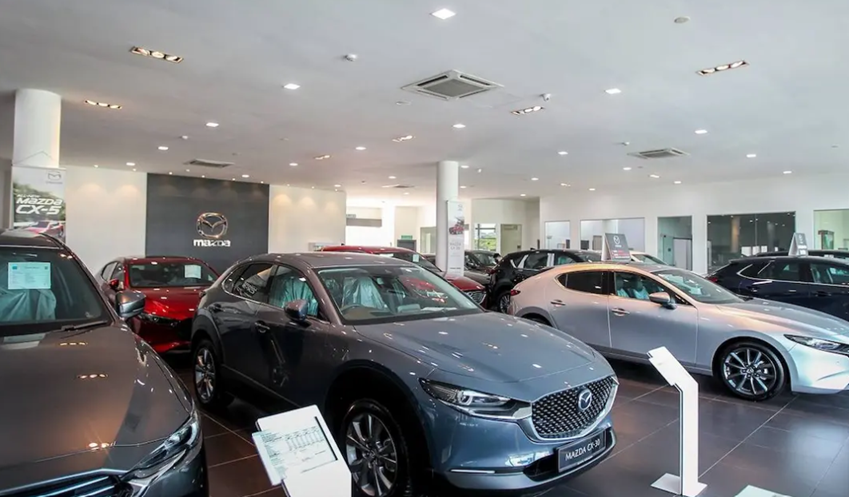In a notable shift, Malaysia has overtaken Thailand to become Southeast Asia’s second-largest auto market, following Indonesia. This development marks a significant change in a region that has become a key battleground for Asian automakers.
Sales data compiled from industry groups in Malaysia, Thailand, Indonesia, the Philippines, and Vietnam reveals that Malaysia’s sales figures surpassed Thailand’s for three consecutive quarters through January-March 2024.
The Malaysian Automotive Association reported a 5% increase in auto sales in the first quarter compared to the previous year, totaling 202,245 vehicles. This growth follows an 11% increase in 2023, setting a record with 799,731 vehicles sold.
The surge in sales can be attributed to sales tax exemptions for domestically produced vehicles, which were part of the government’s economic stimulus package. These exemptions provided a boost for national car brands Perodua and Proton, which collectively held about 60% of the market share.
Although the tax exemptions ended in mid-2022, the fulfillment of tax-free bookings continued to drive sales in 2023. The introduction of many new models, including competitive-priced electric vehicles, also contributed to the uptick in sales.
In contrast, Thailand has experienced a sales slump, with a 25% decline in the first quarter compared to the previous year. Once known as the “Detroit of Asia” due to its automotive industry concentration, Thailand had long held the second position in the region.
Thailand’s monthly auto sales have been on a year-on-year decline since June, attributed to increasing nonperforming auto loans and stagnant consumption. The market share of electric vehicles is growing, driven by the entry of Chinese manufacturers.
Indonesia’s auto market also lacks momentum, with a 24% decline in the first quarter compared to the previous year. Rising interest rates have led consumers to hold back on purchases, resulting in sales figures in 2023 falling short of targets.
In Vietnam, auto sales fell by 16% in the first quarter, reflecting a stagnant domestic economy since the previous year. Despite a rush of demand in December before the expiration of a reduction in registration fees, sales figures returned to year-on-year declines in January and February.
On a more positive note, the Philippines experienced a 13% increase in the first quarter, the highest among the five countries. This growth can be attributed to easing inflation and strong consumer spending.
As automakers from China, Japan, South Korea, and other countries increasingly compete in Southeast Asia, subsidies and macroeconomic conditions are expected to be key factors influencing auto sales in the region.
The Malaysian Automotive Association anticipates a 7.5% decline in total vehicle sales this year, although sales of hybrid and battery electric vehicles are expected to rise. Concerns over subsidy rationalization, the high cost of living, and proposed tax implementations may impact consumer spending in the coming months.
(Source: Nikkei Asia)







